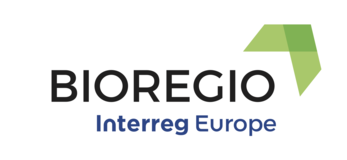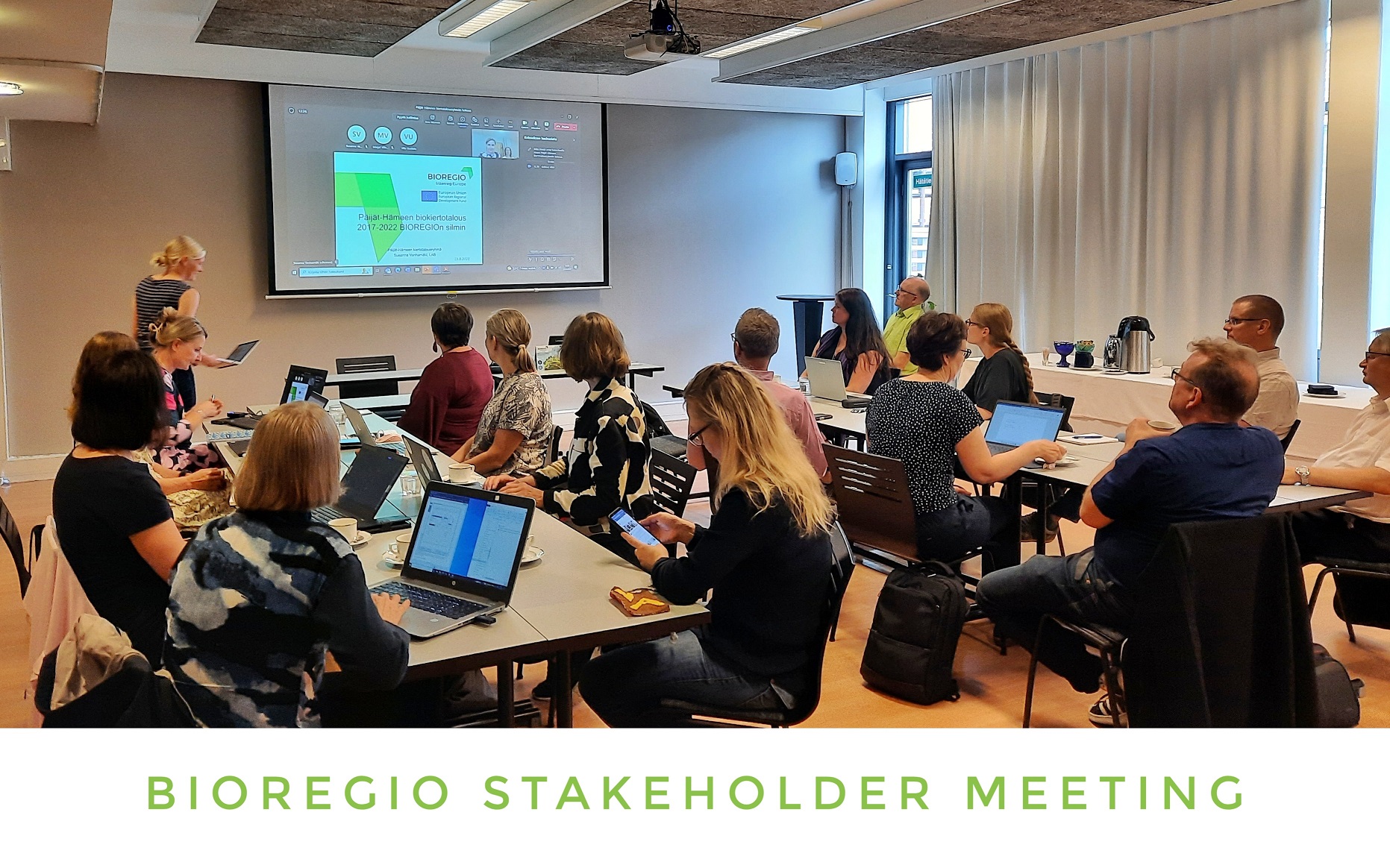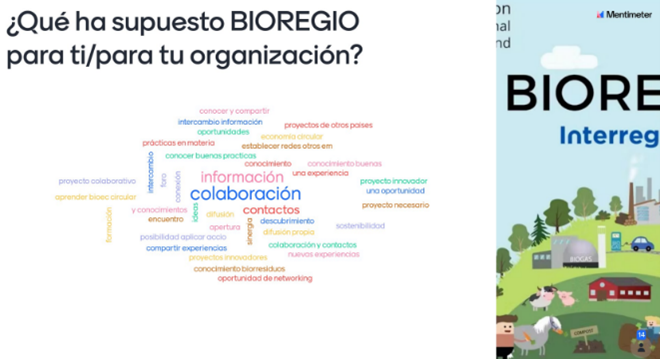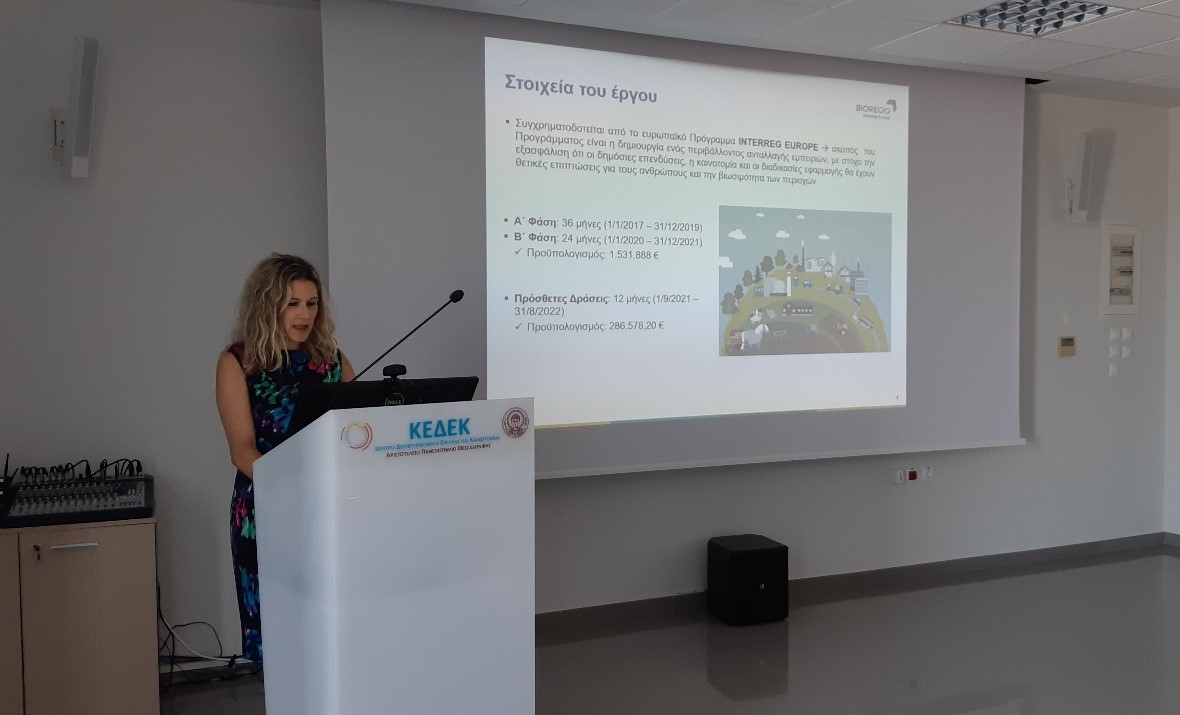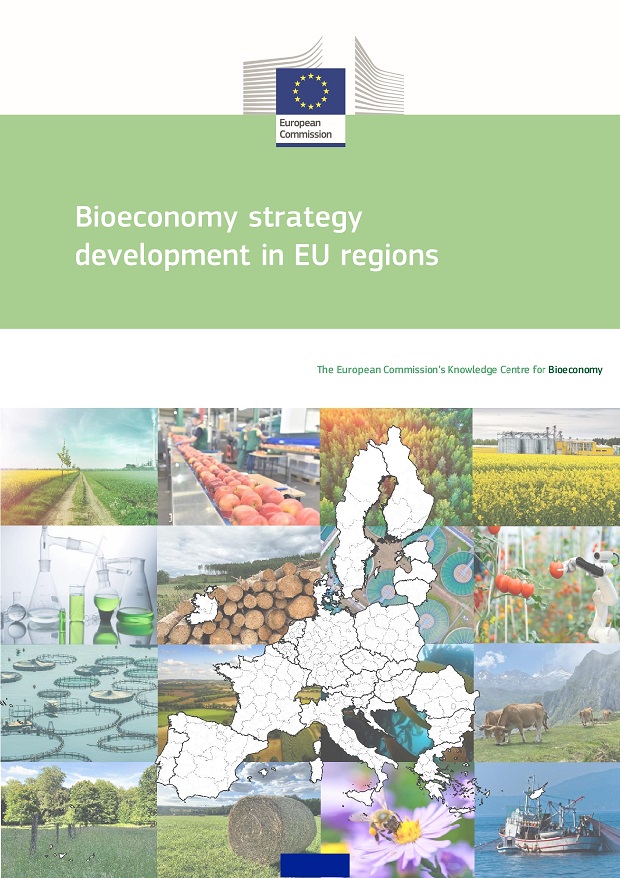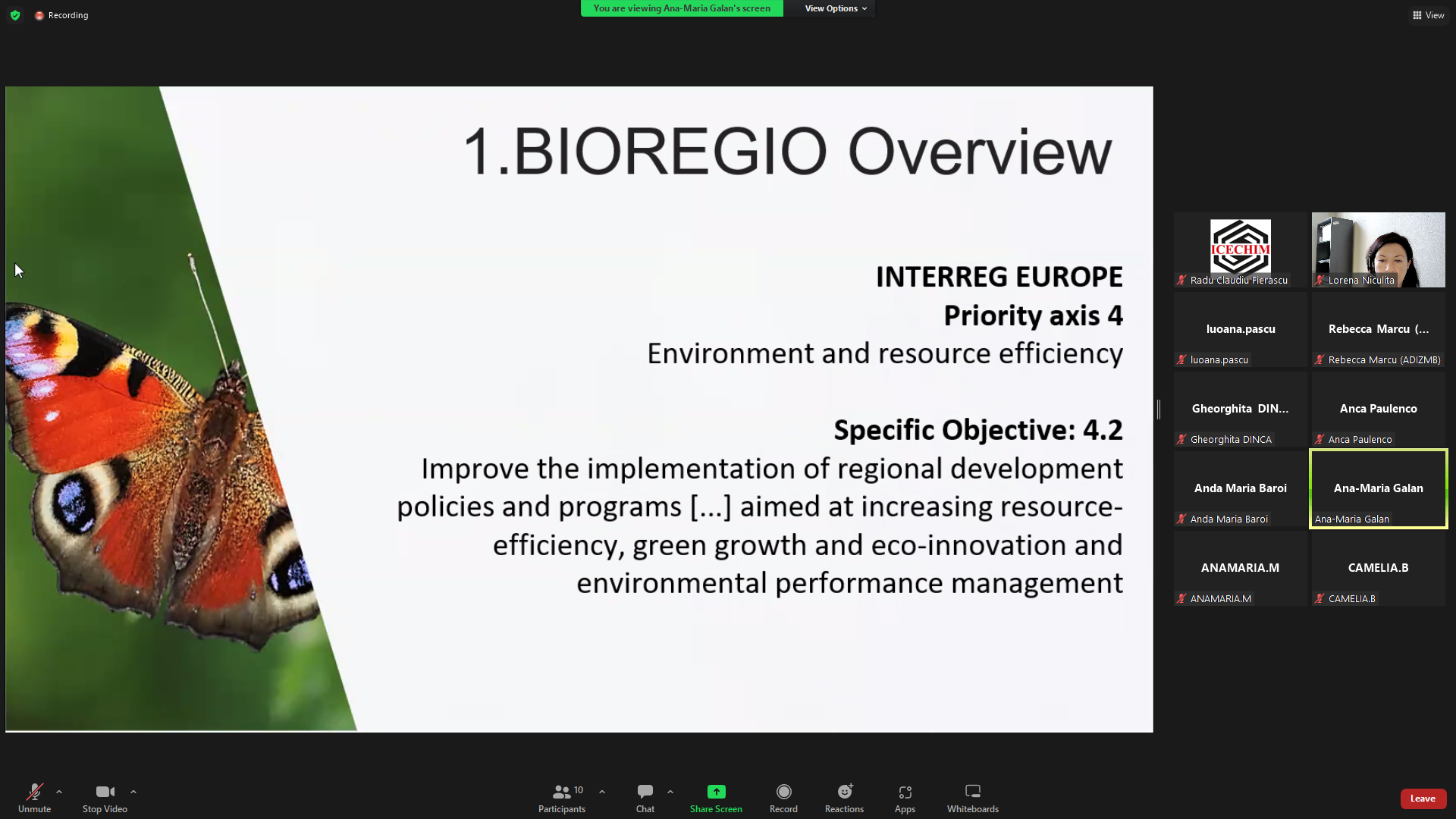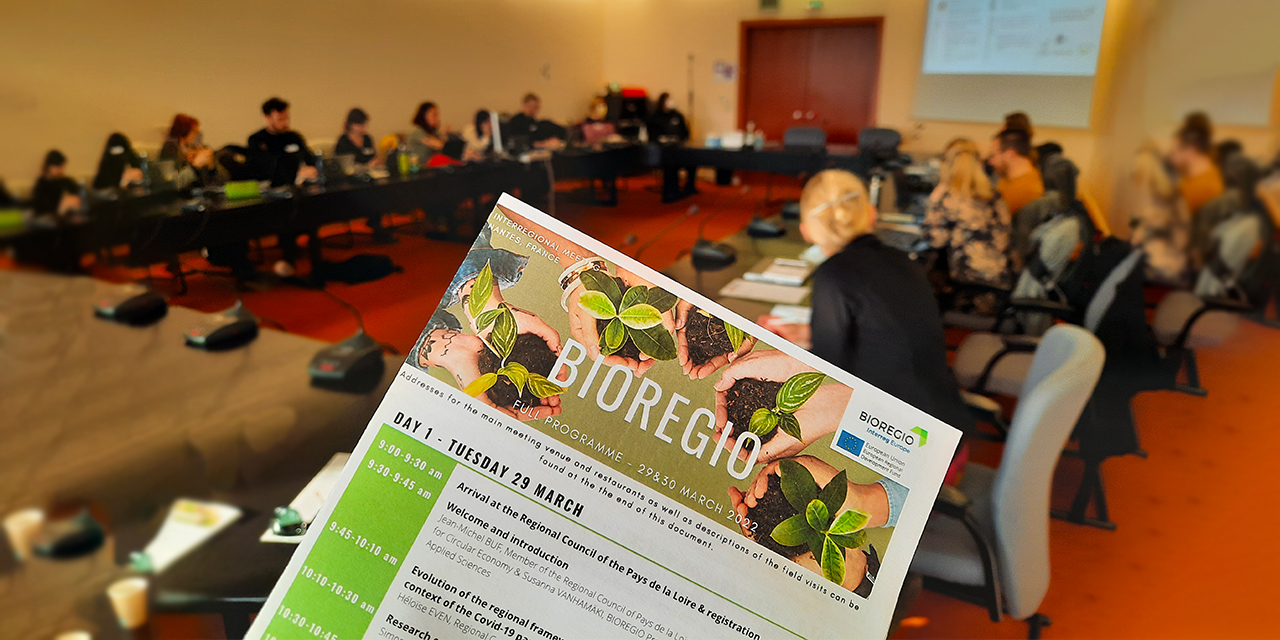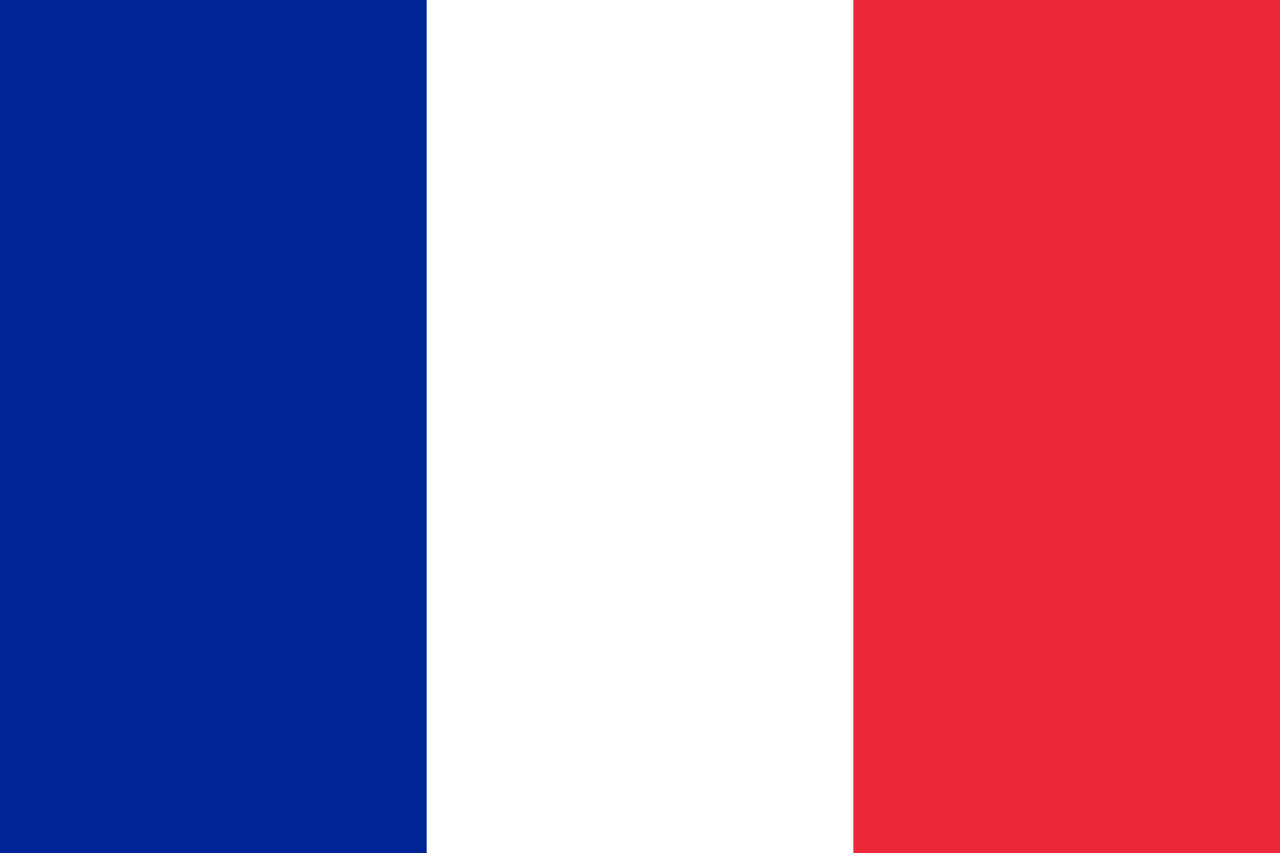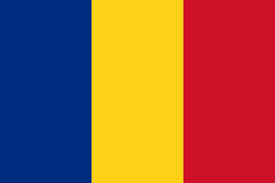BOOSTING BIO-BASED CIRCULAR ECONOMY - NEWS FROM the Päijät-Häme Region, FINLAND
On the 25th of January 2022, BIOREGIO organized an online workshop focusing on Boosting bio-based circular economy together with the SMEs to overcome the impacts of COVID.

Policy development in Päijät-Häme
The new Päijät-Häme Regional Programme and Strategy 2022 – 2025 and the new regional Smart Specialisation Strategy was launched at the end of the year 2021. New smart specialisation priorities are Sports, Food and Beverages and Manufacturing. The regional transformation process towards EU’s Green Deal goals and green transition in the region is supported by the S3 cross-cutting theme, sustainability. Sustainability supports the process of economic change by providing user-driven development of services and products while implementing a green transition. Cross-cutting sustainability brings together the two previous S3 spearheads in the region: design and circular economy. The circular economy now serves as an approach and a principle for developing the three new spearheads. The principle of sustainability thus binds together RDI actors in the region and their long experience of energy efficiency, resource efficiency, bio and circular economy, and design methods.
European Regional Development Fund ERDF – programme, Innovation and skills in Finland 2021 – 2027, supports industrial, energy, climate, innovation, education and employment policies as well as the work against exclusion and poverty. As in the previous programme period, the Ministry of Employment and the Economy of Finland is the managing authority and the Regional Council of Päijät-Häme is an intermediate body. First calls will be launched in March 2022.
ERDF's Priorities in this programme period are Innovative and Carbon Neutral Finland. Specific objectives in Prioritiy axis 1 are:
- Improving research and innovation capacities and the uptake of advanced technologies
- Exploiting digitalisation benefits for citizens, businesses and public administrations
- Improving the growth and competitiveness of SMEs
and in Priority axis 2:
- Carbon neutral Finland
- Promoting energy efficiency measures and reducing greenhouse gas emissions
- Promoting adaptation to climate change, risk prevention and disaster preparedness and re-recovery
- Promoting the transition to a circular economy
As in the previous funding period, funding enables promote measures relating to cooperation between companies and universities. This will also help to meet the challenges of possible new pandemics in the future. Research activities and cooperation should not stop in crisis situations. One example is Circular Economy Laboratory, which offers SME’s more resources for RDI actions.
Grain Cluster Pilot Plant Project
Kimmo Heponiemi from LAB University of Applied Sciences (LAB) shared the Päijät-Häme region’s example about how the regional grain cluster is developing a pilot laboratory together with LAB.
The Päijät-Häme Grain Cluster has been identified as one of the BIOREGIO good practices. The exceptional grain cluster, established in 2003, is a cooperation network of the local grain value chain, bringing together all the related regional actors, from grain producers to industry and retail, both large international to small craft companies, e.g., mills, breweries, a malt producer, bakeries and about 1000 farmers. The grain cluster seeks for synergies, product development and circular economy solutions.

The aim of the new Pilot Plant project is to support companies to develop and prepare for new types of product launches, for example, vegan products. The project is funded by the European Regional Development Fund (ERDF) as part of the European Union's response to the Covid-19 pandemic (REACT-EU).
The main goal of the project is to form a development platform for the development of the products and business of the Päijät-Häme Grain Cluster in co-operation with companies and the LAB University of Applied Sciences. Later the development platform also provides services to other companies. Furthermore, the project aims to quickly respond to the decline in sales caused by the pandemic and to develop new products in line with retailers' expectations.
LAB's Circular Economy Laboratory
The grain cluster laboratory will be a part of the Circular economy laboratory at LAB’s Lahti Campus. The recently built lab focuses on textiles, plastics, pyrolysis, fermentation, and investigating biological side-streams.


